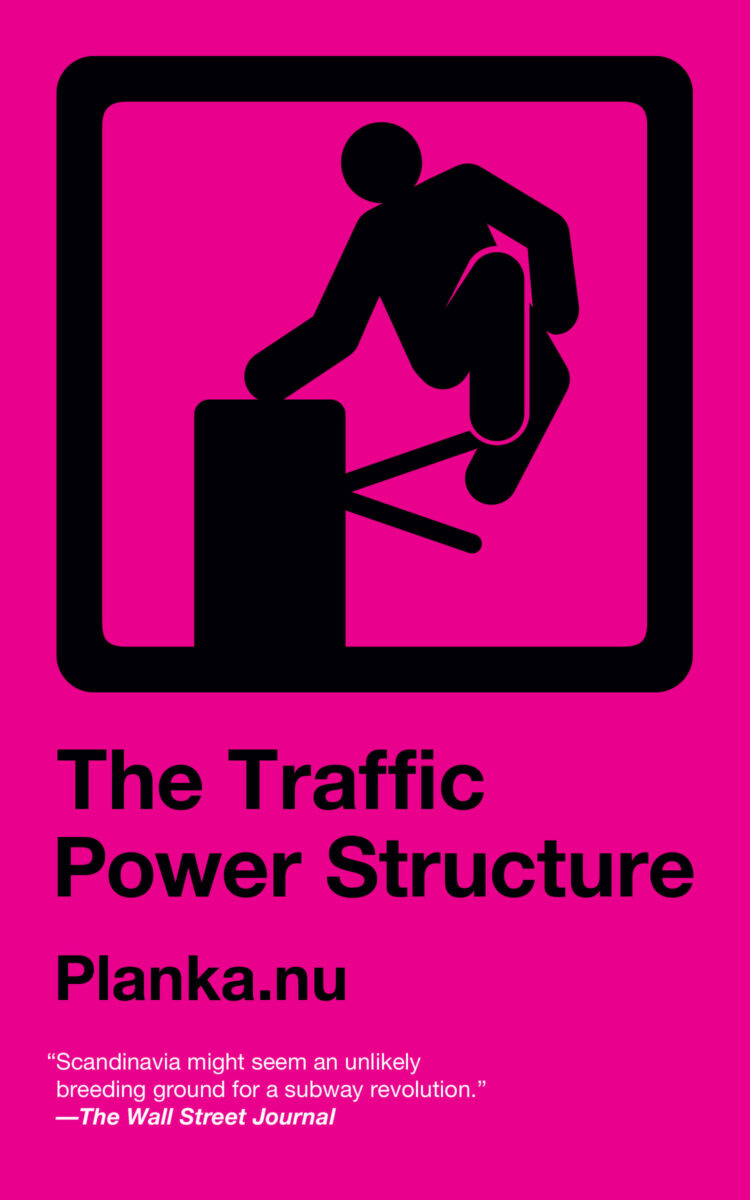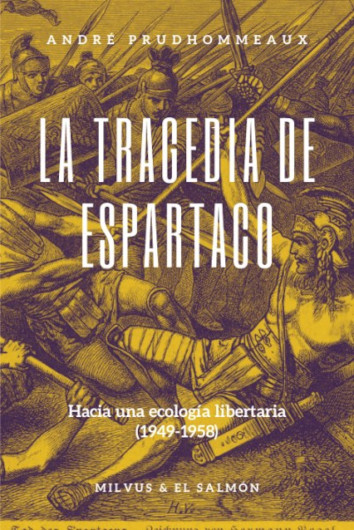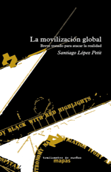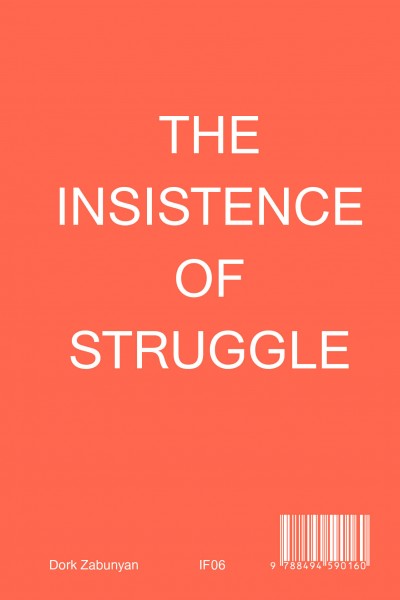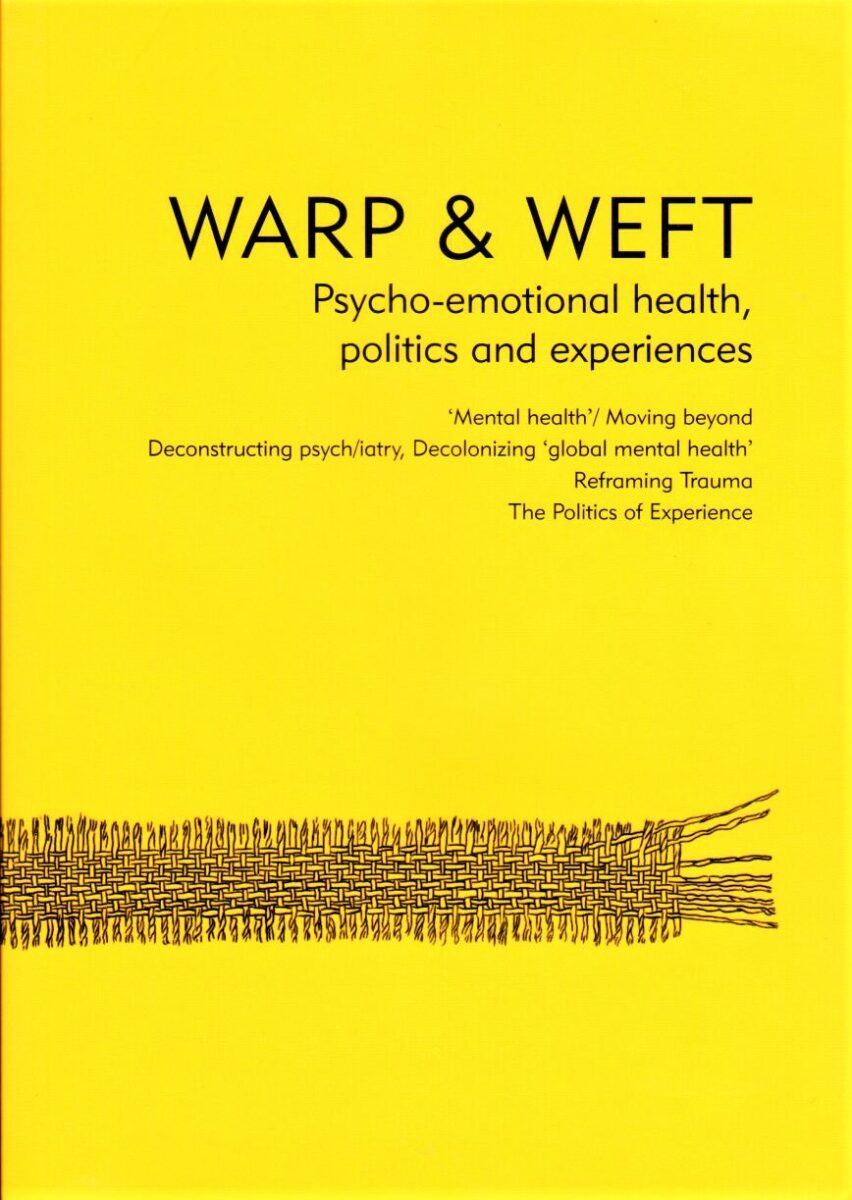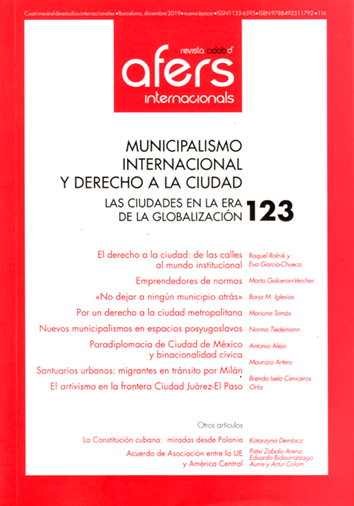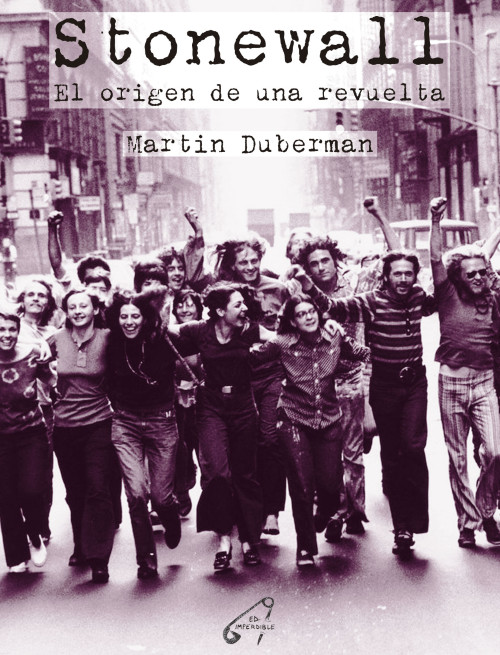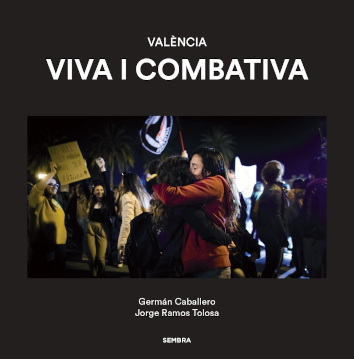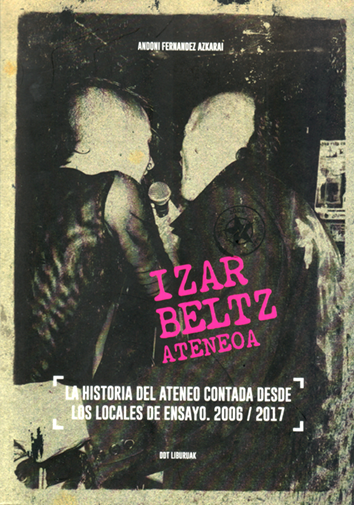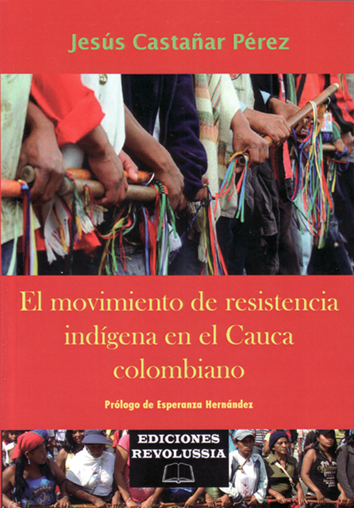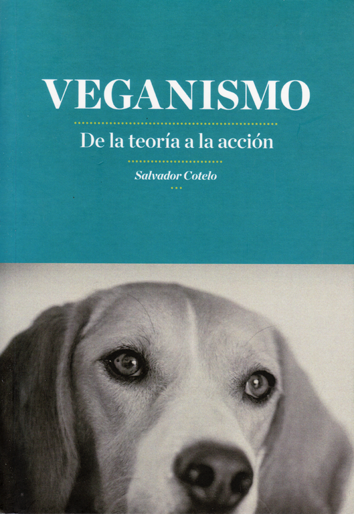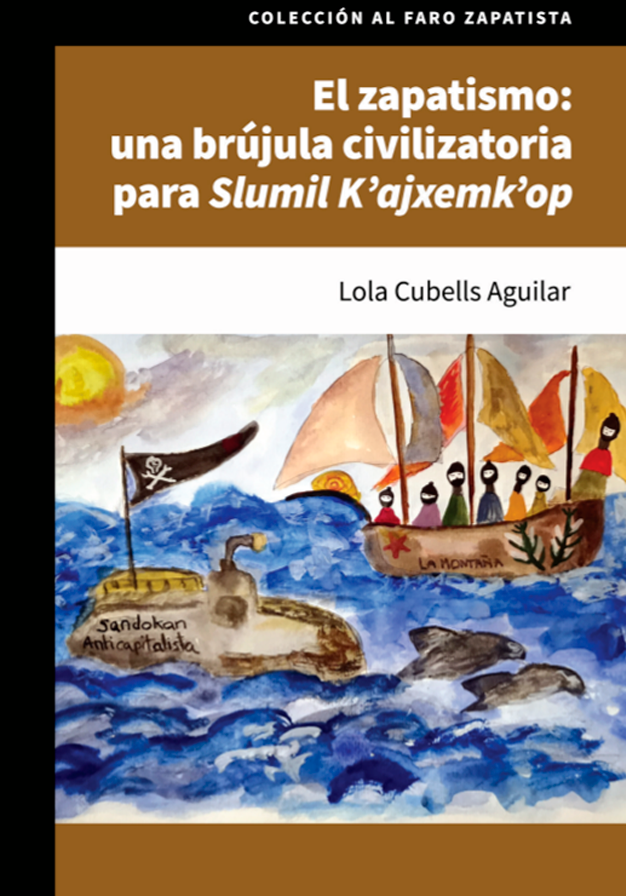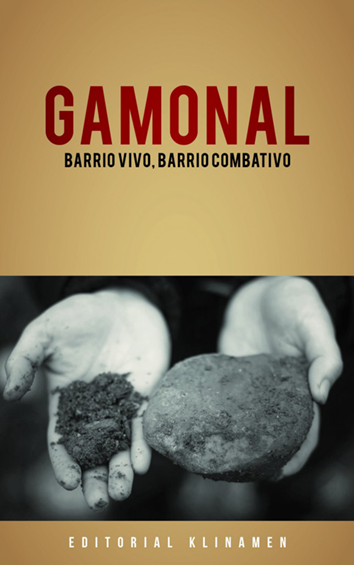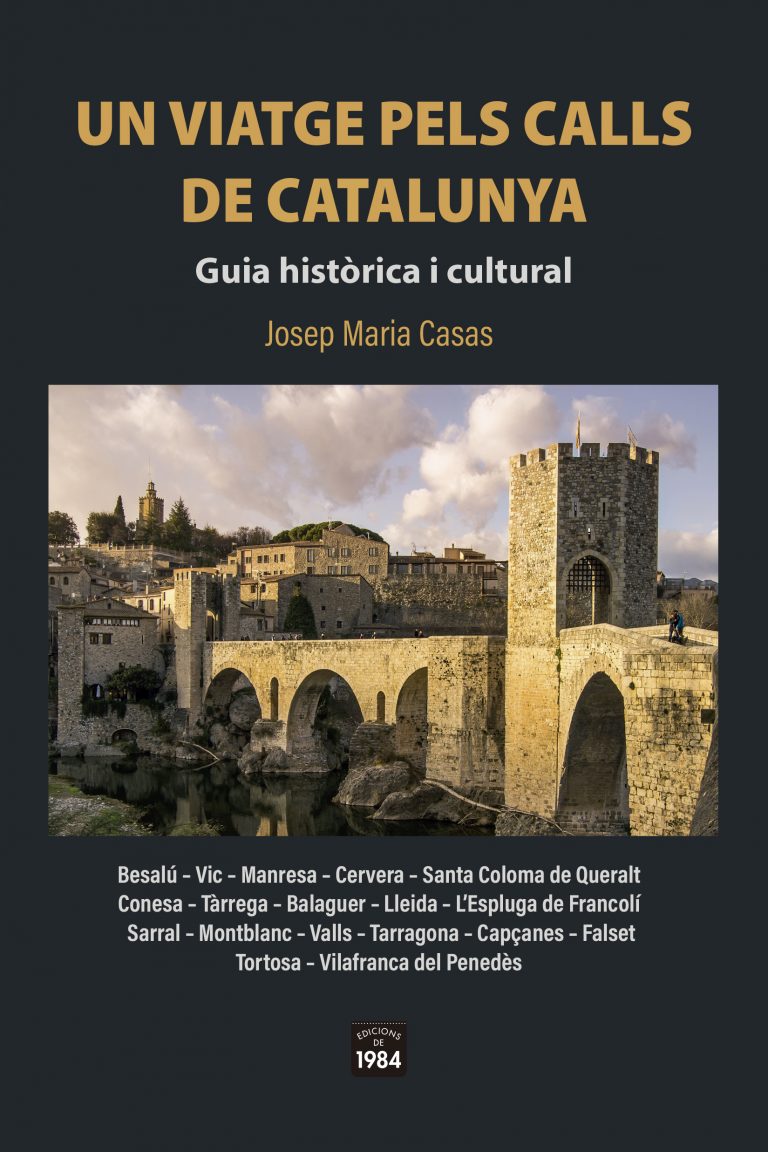The Traffic Power Structure
The modern traffic system is ecologically unsustainable, emotionally stressful, and poses a physical threat to individuals and communities alike. Traffic is not only an ecological and social problem but also a political one. Modern traffic reproduces the rule of the state and capital and is closely linked to class society. It is a problem of power. At its core lies the notion of “automobility,” a contradictory ideal of free movement closely linked to a tight web of regulations and control mechanisms. This is the main thesis of the manifesto The Traffic Power Structure, penned by the Sweden-based activist network Planka.nu.
Planka.nu was founded in 2001 to fight for free public transport. Thanks to creative direct action, witty public interventions, and thought-provoking statements, the network has become a leading voice in Scandinavian debates on traffic. In its manifesto, Planka.nu presents a critique of the automobile society, analyzes the connections between traffic, the environment, and class, and outlines its political vision. The topics explored along the way include Bruce Springsteen, high-speed trains, nuclear power, the security-industrial complex, happiness research, and volcano eruptions. Planka.nu rejects demands to travel ever-longer distances in order to satisfy our most basic needs while we lose all sense for proximity and community. The Traffic Power Structure argues for a different kind of traffic in a different kind of world.
The book has received several awards in Sweden and has been hailed by Swedish media as a “manifesto of striking analytical depth, based on profound knowledge and a will to agitation that demands our respect” (Ny Tid).
12,00€
Solo quedan 1 disponibles
Categorías: Ecología y Urbanismo, Movimientos sociales
Palabras clave: Cities: Architecture & Urbanism
The Traffic Power Structure
The modern traffic system is ecologically unsustainable, emotionally stressful, and poses a physical threat to individuals and communities alike. Traffic is not only an ecological and social problem but also a political one. Modern traffic reproduces the rule of the state and capital and is closely linked to class society. It is a problem of power. At its core lies the notion of “automobility,” a contradictory ideal of free movement closely linked to a tight web of regulations and control mechanisms. This is the main thesis of the manifesto The Traffic Power Structure, penned by the Sweden-based activist network Planka.nu.
Planka.nu was founded in 2001 to fight for free public transport. Thanks to creative direct action, witty public interventions, and thought-provoking statements, the network has become a leading voice in Scandinavian debates on traffic. In its manifesto, Planka.nu presents a critique of the automobile society, analyzes the connections between traffic, the environment, and class, and outlines its political vision. The topics explored along the way include Bruce Springsteen, high-speed trains, nuclear power, the security-industrial complex, happiness research, and volcano eruptions. Planka.nu rejects demands to travel ever-longer distances in order to satisfy our most basic needs while we lose all sense for proximity and community. The Traffic Power Structure argues for a different kind of traffic in a different kind of world.
The book has received several awards in Sweden and has been hailed by Swedish media as a “manifesto of striking analytical depth, based on profound knowledge and a will to agitation that demands our respect” (Ny Tid).
Categorías: Ecología y Urbanismo, Movimientos sociales
Palabras clave: Cities: Architecture & Urbanism
Editorial: PM Press
ISBN: 9781629631530
96 págs.
Año: 2016
Formato: Rústica
Idioma: Anglès


